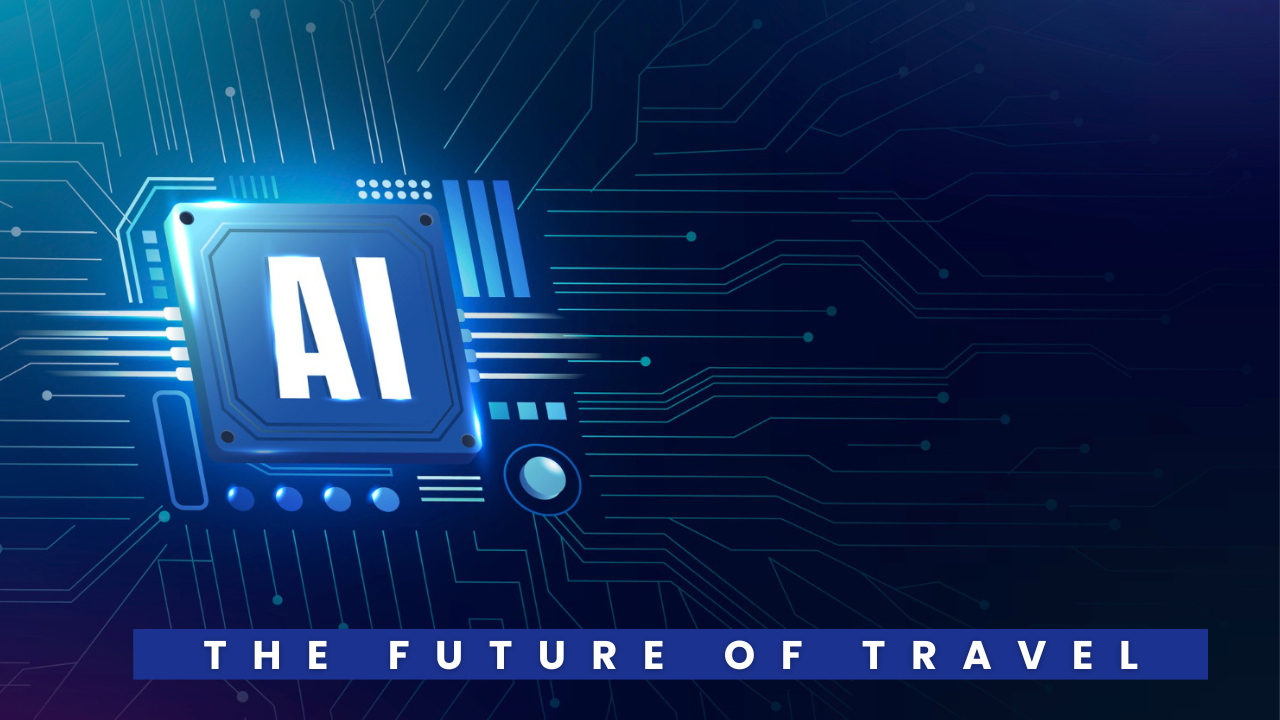Introduction
AI in travel industry applications are fundamentally transforming how we plan, book, and experience our journeys in 2025. From intelligent chatbots that provide instant customer support to sophisticated algorithms that create personalized itineraries, artificial intelligence tourism solutions are reshaping every aspect of the travel ecosystem. Major airlines, hotels, and booking platforms now leverage AI travel technology to enhance customer experiences, optimize pricing, and streamline operations. As smart travel solutions continue to evolve, travelers can expect more intuitive, efficient, and personalized services that anticipate their needs before they even express them. This technological revolution is not just changing how travel companies operate—it’s redefining what travelers can expect from their entire journey experience.
How AI in Travel Industry is Transforming Customer Experience
The Role of AI in Modern Travel
Personalized Recommendations
AI-powered tools can analyze your browsing behavior, past trips, budget, and preferences to recommend destinations, accommodations, and experiences. Services like Google Travel and Hopper already offer predictive pricing and tailored suggestions.
Smarter Booking Engines
AI-enabled platforms help streamline the booking process by providing real-time flight/hotel availability, optimal travel dates, and even alternative airports for better deals.
Chatbots for Instant Customer Support
Many travel websites now feature AI chatbots that offer 24/7 customer support, assist in bookings, suggest itineraries, and resolve issues without human intervention. This drastically improves response time and user satisfaction.
Internal Link: Want a complete travel itinerary? Explore our Bangkok 3–5 Day Travel Guide.

AI-Powered Travel Tools Making a Difference
Translation Apps
Apps like Google Translate now feature real-time speech translation, helping travelers navigate language barriers with ease. AI-driven Natural Language Processing (NLP) allows for smoother, more accurate communication.
Facial Recognition at Airports
Airports worldwide are adopting AI-based facial recognition for check-ins, boarding, and immigration. This speeds up security processes while maintaining high levels of safety.
Dynamic Pricing Algorithms
AI enables travel companies to adjust prices in real-time based on demand, competitor pricing, weather, and booking trends. While this can sometimes raise prices, it also allows travelers to book during optimal windows.

AI and the Future Travel Experience
Virtual Travel Assistants
AI-based virtual assistants like ChatGPT or Siri can act as your pocket travel guide. From converting currencies to recommending nearby cafes, these tools will become increasingly sophisticated.
Augmented Reality (AR) for Navigation
AI and AR combined can help travelers navigate unfamiliar cities with real-time overlays on smartphone screens, guiding them to historical sites, hotels, or transport hubs.
Predictive Travel Analytics
AI can now predict potential disruptions like flight delays or weather issues and suggest alternatives, making trip planning more resilient and reliable.
Internal Link: Looking for affordable adventures? Check out our Budget-Friendly Travel Guide.
Ethical and Privacy Concerns
Data Privacy
As AI tools rely heavily on data, there’s an ongoing debate around how travel companies handle and secure personal information. It’s crucial to choose services that comply with GDPR and data protection laws.
Bias in AI
AI algorithms are only as good as the data they’re trained on. There have been instances where biased data led to unfair treatment in travel-related AI systems, like facial recognition.

Preparing for the AI-Driven Travel Future
Stay Informed
Keep up with AI trends in travel. Platforms like Skyscanner, Expedia, and Airbnb are continuously adopting new technologies to enhance user experience.
Embrace Smart Tools
Use AI-powered apps for booking, translating, and itinerary planning. The sooner you adapt, the more seamless your travel experience will become.
Provide Feedback
Many AI systems improve through user interaction. Providing feedback helps enhance the technology and makes it more useful for future travelers.
Conclusion
Artificial Intelligence is no longer a futuristic concept—it’s here and actively shaping how we travel. From personalized recommendations to smoother airport check-ins, AI enhances convenience, safety, and overall experience for all types of travelers. As these technologies continue to evolve, staying informed and embracing change can make your journey not only easier but unforgettable.
FAQs
Frequently Asked Questions About AI in Travel Industry
Q: How is AI in travel industry improving booking experiences? A: AI streamlines bookings through intelligent chatbots, predictive pricing, personalized recommendations, and automated customer service, making the entire process faster and more intuitive for travelers.
Q: What are the main benefits of artificial intelligence tourism applications? A: Key benefits include personalized travel recommendations, dynamic pricing optimization, 24/7 customer support, language translation services, and predictive maintenance for transportation systems.
Q: Is AI in travel industry replacing human travel agents? A: AI enhances rather than replaces human agents. While AI handles routine tasks and provides instant responses, human expertise remains valuable for complex itineraries and personalized service.
Q: How does AI in travel industry protect customer data and privacy? A: Leading travel companies implement advanced encryption, secure data processing, and compliance with privacy regulations like GDPR to protect traveler information while delivering personalized AI services.
Travel Without Passport: 12 Amazing Visa-Free U.S. Destinations for 2025 Read More.




